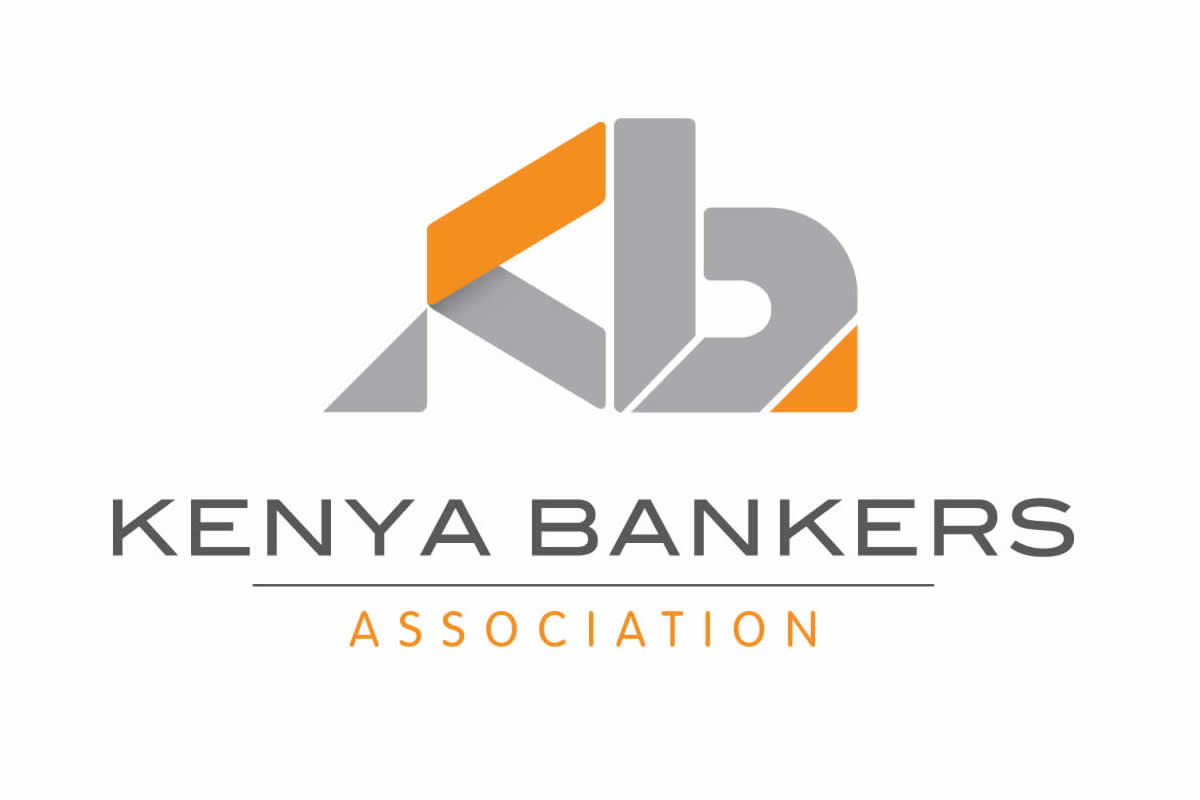- Kenya Bankers Association Signs on to “Code of Ethics for Business in Kenya” and Announces Plans to Introduce Self-Regulatory Framework and Conduct Standards for Member Banks
Nairobi, 21 April 2016 – The banking industry body representing all registered banks in Kenya, Kenya Bankers Association (KBA), has today signed on to the “Code of Ethics for Business in Kenya”, and announced plans to adopt a Self-Regulatory Framework and Conduct Standards for member banks during the KBA Annual General Meeting to be held in June 2016.
Speaking at the event, KBA Chief Executive Officer, Habil Olaka, said that the Association will work closely with key partners to introduce requirements that are tied to the “Code of Ethics,” which was developed on behalf of the private sector by Kenya Private Sector Alliance (KEPSA), Global Compact Network Kenya, and Kenya Association of Manufacturers (KAM), and has been endorsed by H.E. President Uhuru Kenyatta as a key intervention towards addressing corruption and unethical practices within the government and private sector. “In the wake of the current financial situation, the strengthening of consumer protection and wining back consumer trust is paramount. KBA has taken this proactive approach to seek to cultivate a culture of governance and transparency in the banking industry and safeguard the interests of customers, investors, suppliers and all other stakeholders. As KBA, we are committing to establish specific ethical standards and requirements that our members must adhere to and that are tied to the private sector ‘Code of Ethics’,” said Mr. Olaka. “Our members also recognise this need to step up and ensure that we enhance banking practices and governance standards. Our members also have unanimously agreed that we need to work collaboratively and keep each other accountable. We therefore are pleased to have their full support, and look forward to finalising the framework,” he continued. KBA now joins other institutions and companies in signing onto the private sector Code of Ethics that seeks to enhance an organisation’s ethical standards and business conduct. Similar to other business membership organisations within KEPSA that advocate for ethical standards across their networks, KBA also will lead the adoption of the standards across its member banks. According to KEPSA, each institution has the moral responsibility to ensure that its operations remain above board. The execution of this role lies in the hands of both the management and board of directors of each institution. The corporate governance mechanisms of each institution should, therefore, be the guiding principle under which each institution is run. “Each sector of the economy has different dynamics, we need to build up and strengthen institutions within each of these sectors to play a more decisive role in promoting corporate governance and accountability. For the process to be sustainable, each sector needs to be self-regulating, a role that can only be played by private sector bodies. Professional associations and business member organizations understand the sector-specific needs of their industry better and are therefore best placed to monitor the implementation of the Code of Ethics in accordance with established corporate governance standards,” KEPSA CEO Carole Kariuki said. KBA Chairman Joshua Oigara earlier acknowledged the role of the industry and commended the Association for taking the necessary steps to reclaim confidence in the industry. “Banks play a critical role in enabling people to save for their future, and for businesses to grow. This is a tremendous responsibility which is built heavily on trust. Given that trust is the very foundation of banking, we need to commit to work both collectively and individually to enhance our governance frameworks and banking practices to provide better protection for all our stakeholders. By signing on to this Code at the industry level as the KBA, we take the first step towards strengthening our industry and keeping our members accountable to the standards that are expected of us by the national government, the wider private sector, and more importantly, our customers. The Code embodies the standards of professional behaviour, governance and transparency expected from all certified members of KBA to ensure that we continue to operate at the highest level of ethics and integrity,” Oigara concluded. The “Code of Ethics for Business in Kenya” is an initiative by the business community in Kenya to promote and enhance the ethics of business conduct. The code was developed under the United Nations Global Compact which asks companies to embrace, support and enact, within their sphere of influence, a set of core values in the areas of human rights, labour standards, the environment and anti-corruption. The Code was developed and domesticated by the Global Compact Network Kenya, which is hosted by KAM. “The business environment today demands greater corporate accountability and transparency. We commend KBA for taking this step and committing to lead a culture change among its members. It is indeed through joining hands as the business community in Kenya that we can create long-term value for our businesses and society at large,” said by Global Compact Network Kenya Representative and KAM Chief Executive Phyllis Wakiaga. “The Global Compact Network Kenya stands ready to support KBA and all signatories to actualize their commitments by providing a platform for learning, dialogue, and mentorship,” she said. KBA’s endorsement and participation in the private sector Code of Ethics is in conjunction with the Association’s Sustainable Finance Initiative that seeks to reinforce the industry’s role in the economy and society. For more information visit sfi.kba.co.ke.


